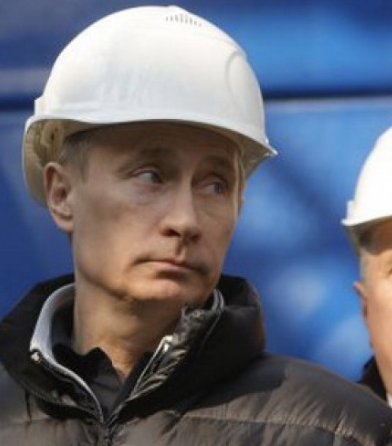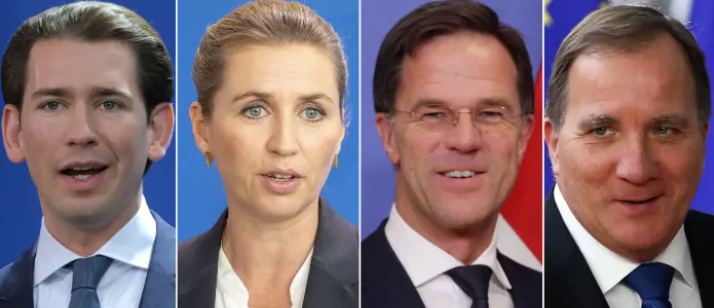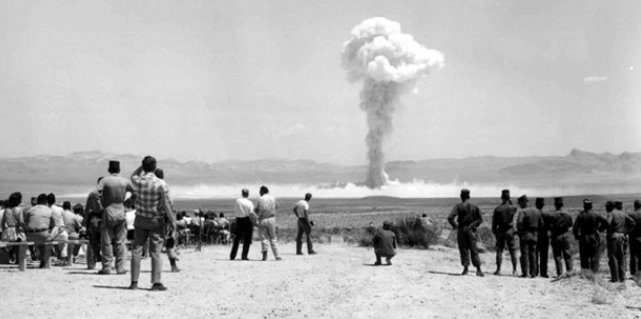Last week saw Germany and France agree to support the €500bn Recovery Fund.
However, Austria, Denmark, Sweden and The Netherlands object and have instead jointly called for a temporary fund for emergency loans as an alternative.
The ‘frugal four’ say they cannot support “any instruments or measures leading to debt mutualisation nor significant increases in the EU budget”, thus they:
- oppose joint debt
- oppose direct grants
- oppose an increased EU budget
Instead, want “to provide temporary, dedicated funding through the MFF and to offer favorable loans to those who have been most severely affected by the crisis”.
—
The MFF
- is the Multiannual Financial Framework
- ie. the EU’s 7-year budget



.jpg)




